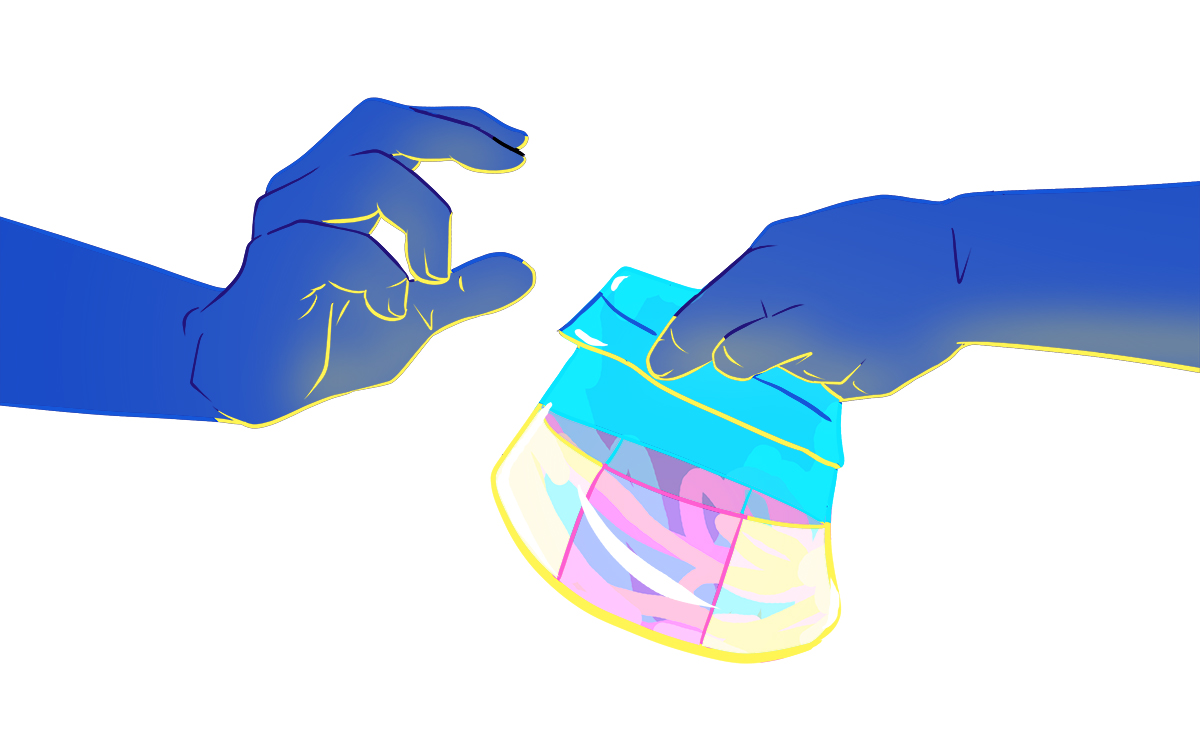Between January 2016 and September 2019, more than 14,700 Canadians suffered apparent opioid-related deaths — that’s over 10 people every day for the past four years. Many of these deaths are due to street drugs being laced with fentanyl, with up to 94 per cent of opioid-related deaths being accidental overdoses. Canada could be doing more to prevent the loss of lives due to accidental opioid overdoses, such as decriminalizing the use of these illegal narcotics.
Prime Minister Justin Trudeau is unconvinced that decriminalization is the solution to this crisis, and offers suggestions such as allowing doctors to prescribe more alternatives to street drugs, such as methadone, for patients looking to wean themselves off of the dangerous substances, or setting up more supervised consumption sites around the country. Federal Health Minister Patty Hajdu also said it’s “premature” to talk about decriminalization, stating there must be more supports in place for recovery before the country decriminalizes all opioids.
But why can’t Canada do both? Why not create recovery and support systems for those wanting to overcome their addictions and harm reduction measures for those living with addictions, as well as decriminalizing the use of these substances?
“You could decriminalize possession for personal use tomorrow, and you wouldn’t see much difference, except that you would remove the number one stigmatizing thing about people who use drugs: they’re criminals,” said Donald MacPherson, executive director of the Canadian Drug Policy Coalition.
Decriminalizing the possession of these drugs will do nothing but help those who use them, as we can see from Portugal’s radical drug reforms in 2001, when they became the first country to decriminalize the possession and consumption of all illicit drugs, from marijuana to heroin. Their opioid crisis stabilized, with a dramatic decline in HIV infections and deaths caused by accidental overdoses, and a steady decline in drug use among young people ages 15 to 24 years old. An important thing to keep in mind is that Portugal did not legalize drugs, but rather the individual consumption of drugs — criminalizing traffickers, not addicts. “What America and other countries can learn from Portugal is to treat people with more dignity,” said Gonçalo Fonseca, a Portuguese documentary photographer who spent time covering Lisbon’s drug outreach teams.
People are always going to use drugs, so we might as well put measures in place that make it safe for them to use and easier to seek treatment.
Provincial Health Officer Bonnie Henry has also recommended decriminalization as a way to combat the crisis in Canada, as the stigma and criminal association of drug use is keeping people from seeking help, and the physical dependence on drugs is a health issue that must be attended to.
What is needed more than ever in the age of COVID-19 is for drug users to have a safe supply of drugs to use while self-isolating so that they don’t go out looking for them on the street, contaminating themselves and others, or plunging into sudden withdrawal that can potentially be fatal. Not to mention, the actual street drug supply is getting low thanks to the U.S. border being closed to all non-essential travel, which could cause dealers to cut their supply with other substances such as rat poison or baking soda, stretching both the supply and the health repercussions. Hospitals are already overburdened enough with COVID-19 cases; they do not need more overdoses to treat.
On March 26, Vancouver Mayor Kennedy Stewart announced a program to supply users with safe drugs and is hopeful that this safe supply will reach 20 to 30 per cent of Vancouver’s injection drug users who are not already part of a prescription program.
With reforms as big as decriminalizing the use of hard drugs, it is easy for people to get scared and see the inevitable result as a total collapse of society as we know it, inducing anarchy and encouraging people to go out and use hard drugs. However, we know this is not the case thanks to Portugal. How many more people have to die from accidental overdoses because they are getting their drugs from illegal sources laced with enough fentanyl to tranquilize an elephant before Canada starts making radical changes?
Illustration: Kayt Hine/The Cascade
Andrea Sadowski is working towards her BA in Global Development Studies, with a minor in anthropology and Mennonite studies. When she's not sitting in front of her computer, Andrea enjoys climbing mountains, sleeping outside, cooking delicious plant-based food, talking to animals, and dismantling the patriarchy.


